Indigenous Governance Database
Environment and Natural Resources
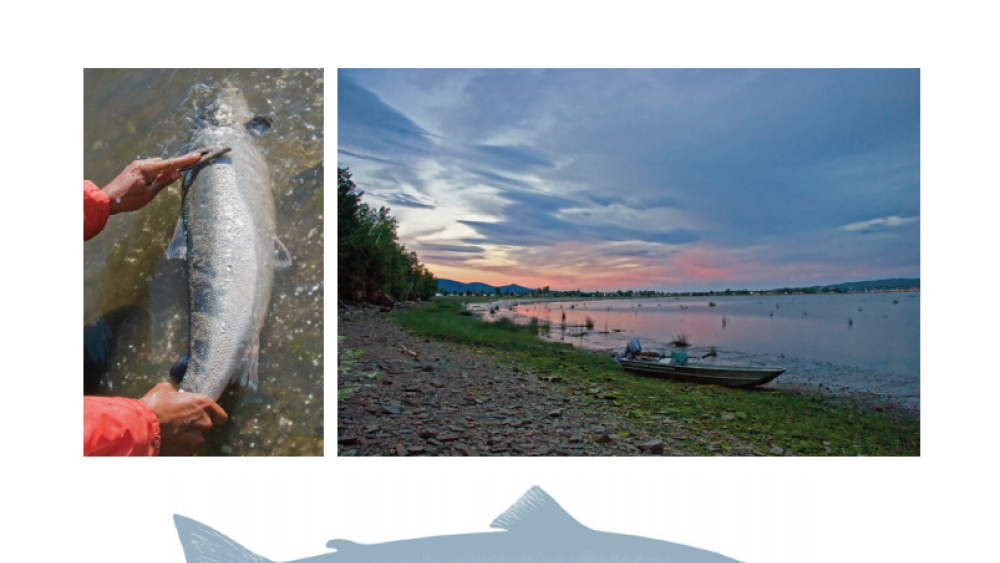
Making First Nation Law: The Listuguj Mi'gmaq Fishery
This is a case study that explores Listuguj Mi'gmaq law, an assertion and manifestation of the nation's right to fish and to govern its people, lands, and waters in its own ways. It discusses the genesis, application, and effects of the law and how a First Nation not only reclaimed their inherent…
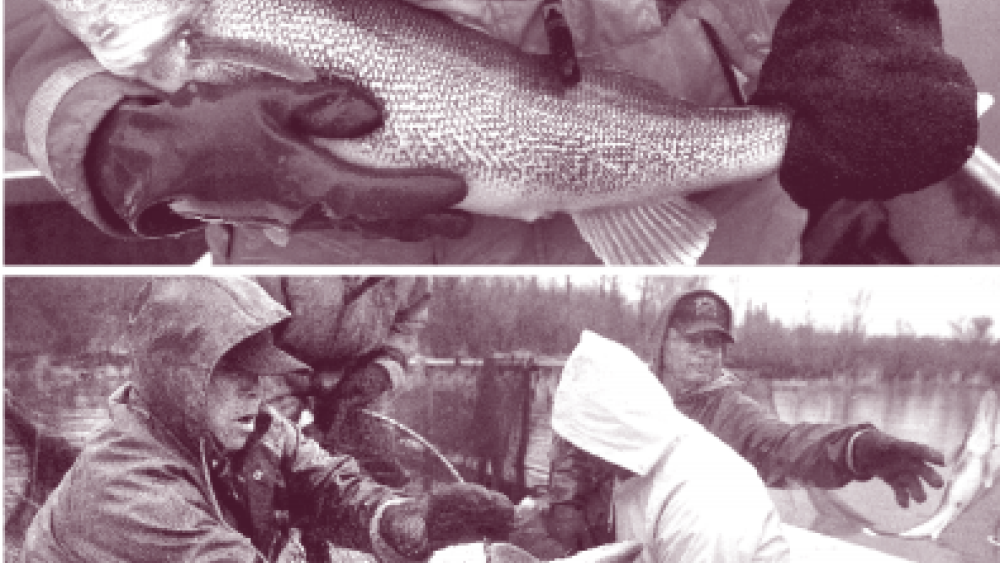
We Are the Stewards: Indigenous-Led Fisheries Innovation in North America
This paper offers an overview of the current state of Indigenous-led fisheries management in the United States and Canada. It summarizes major trends in Indigenous-led fisheries innovation in North America and presents common keys and challenges to the success of these efforts. It chronicles three…
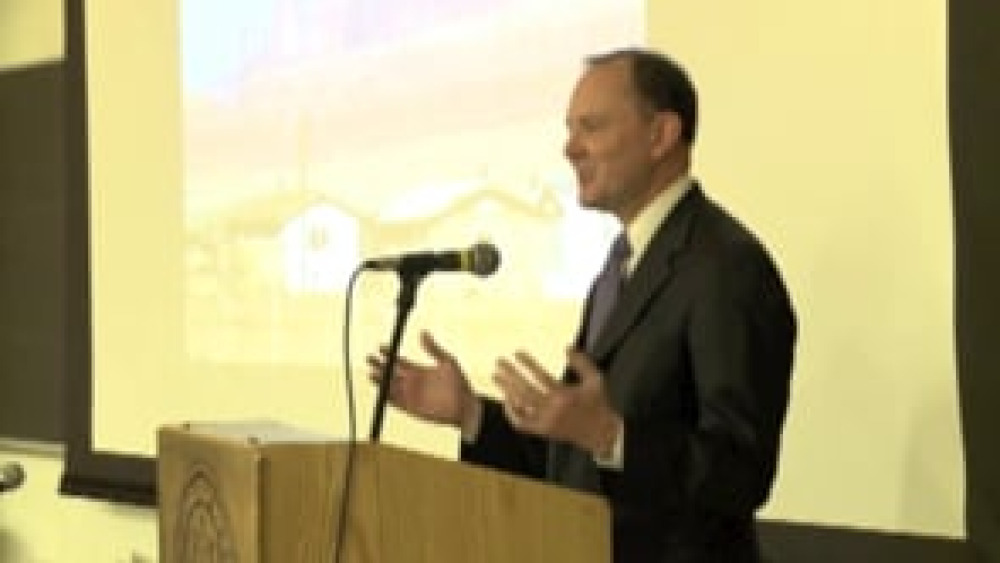
Good Native Governance: Keynote Address
UCLA School of Law "Good Native Governance" conference keynote speaker, Kevin Washburn, Assistant Secretary — Indian Affairs for the U.S. Department of the Interior, examines how Native nations are engaging so well in self-determination through good governance. This video resource is…
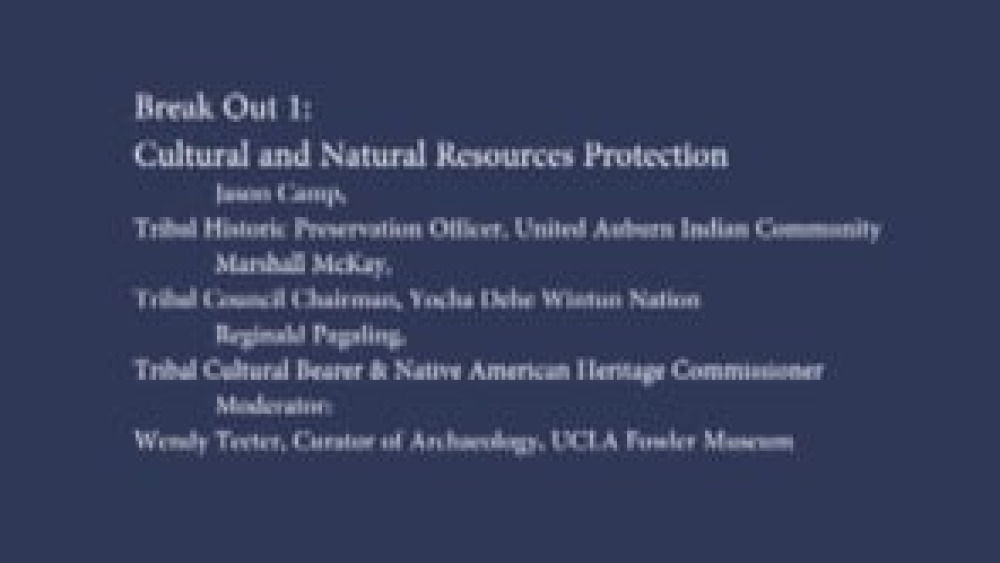
Good Native Governance Breakout 1: Cultural and Natural Resources Protection
UCLA School of Law "Good Native Governance" conference presenters, panelists and participants Reginald Pagaling, Marcos Guerrero, and Marshall McKay discuss their experience with cultural preservation and cooperation with the local and state governements. Reginald addresses the areas of concerns…
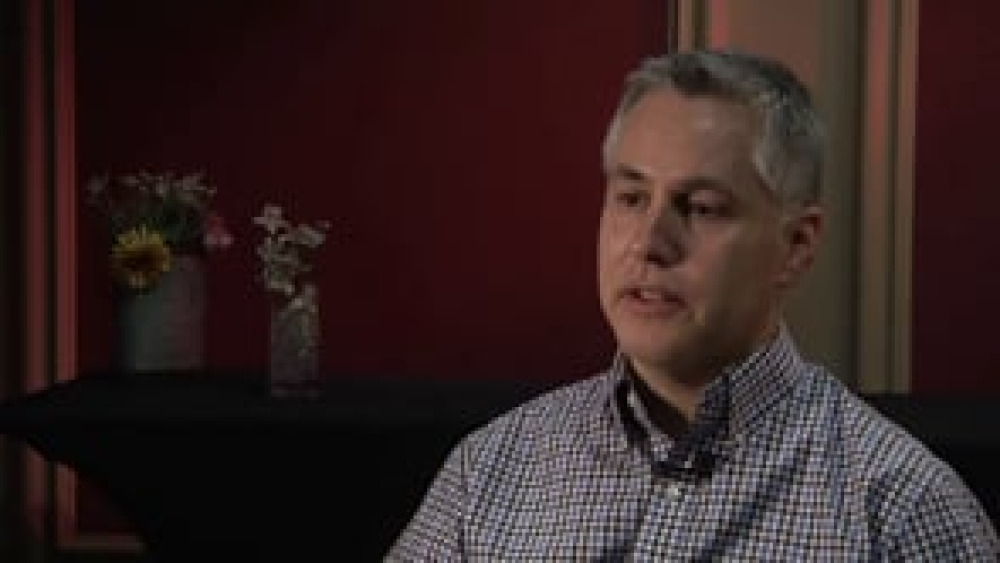
John Borrows: Revitalizing Indigenous Constitutionalism in the 21st Century
In this thoughtful conversation with NNI's Ian Record, scholar John Borrows (Anishinaabe) discusses Indigenous constitutionalism in its most fundamental sense, and provides some critical food for thought to Native nations who are wrestling with constitutional development and change in the 21st…
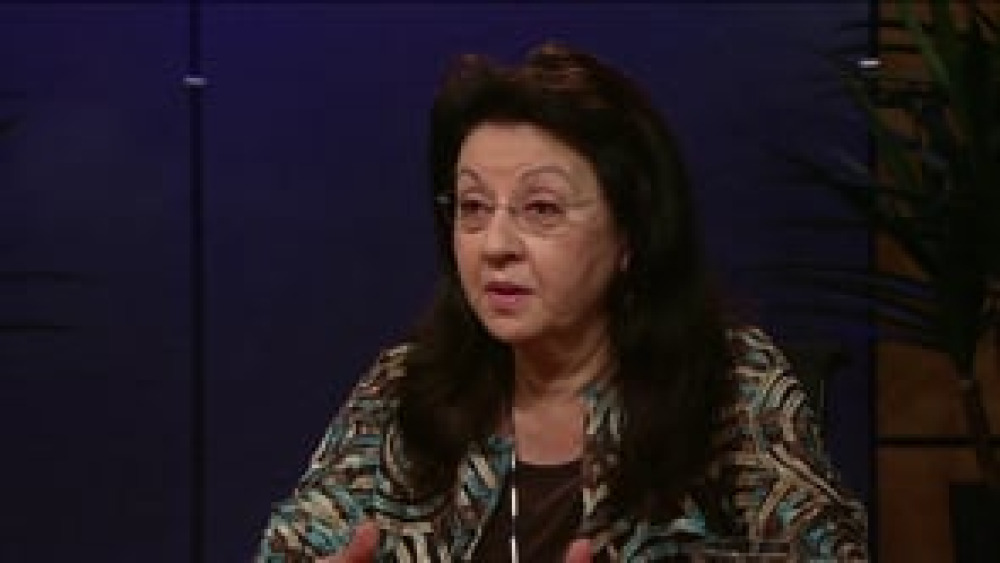
Eva Petoskey: Empowering Good Leadership Through Capable Governance: What My Leadership Experience Taught Me
Eva Petoskey, citizen and former council member of the Grand Traverse Band of Ottawa and Chippewa Indians (GTB), discusses her experiences as an elected leader during a pivotal time in GTB's history. She also stress the importance of Native nations developing capable institutions of self-governance…
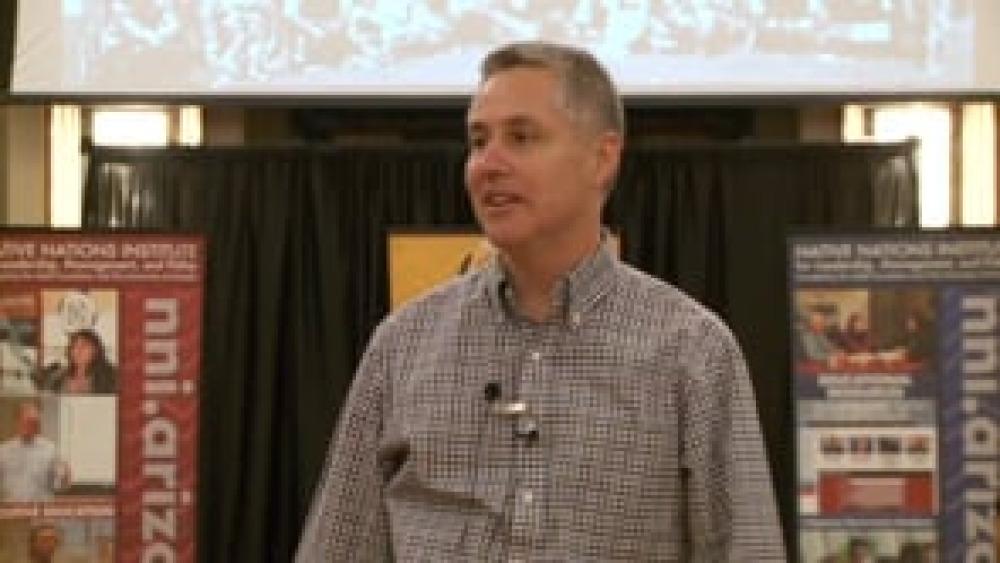
John Borrows: Who Are We and How Do We Know?
University of Minnesota Law Professor John Borrows (Anishinaabe) discusses how the Anishinaabe traditionally defined and practiced notions of social identity and belonging, and how those definitions and practices were rooted in relationships: relationships between those deemed to be part of the…
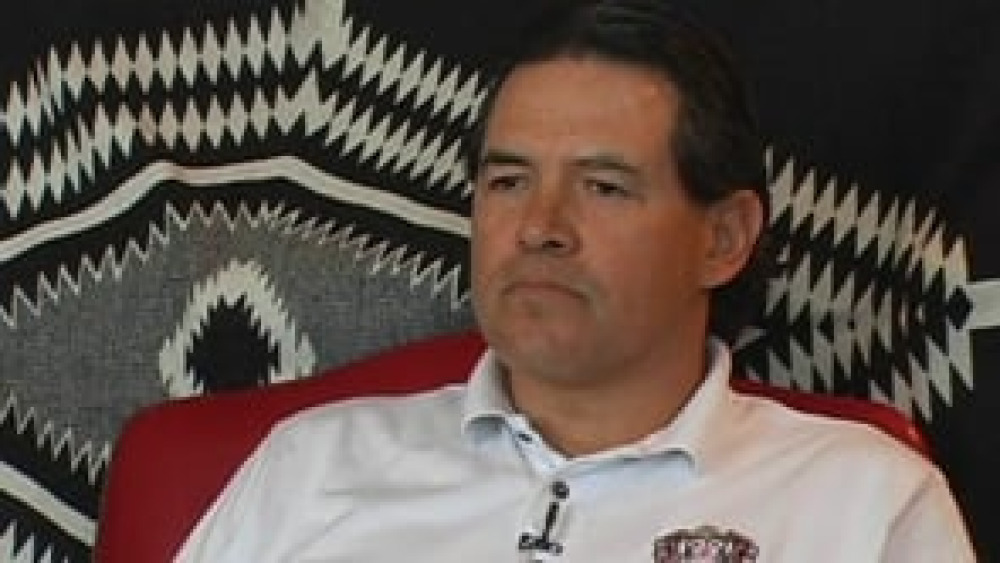
Brian Cladoosby: The Swinomish Indian Tribal Community's Approach to Governance and Intergovernmental Relations
In this wide-ranging interview with NNI's Ian Record, Chairman Brian Cladoosby of the Swinomish Indian Tribal Community discusses Swinomish's unique governance system, its approach to building relationships with other governments to achieve its strategic priorities, and what he feels are the…
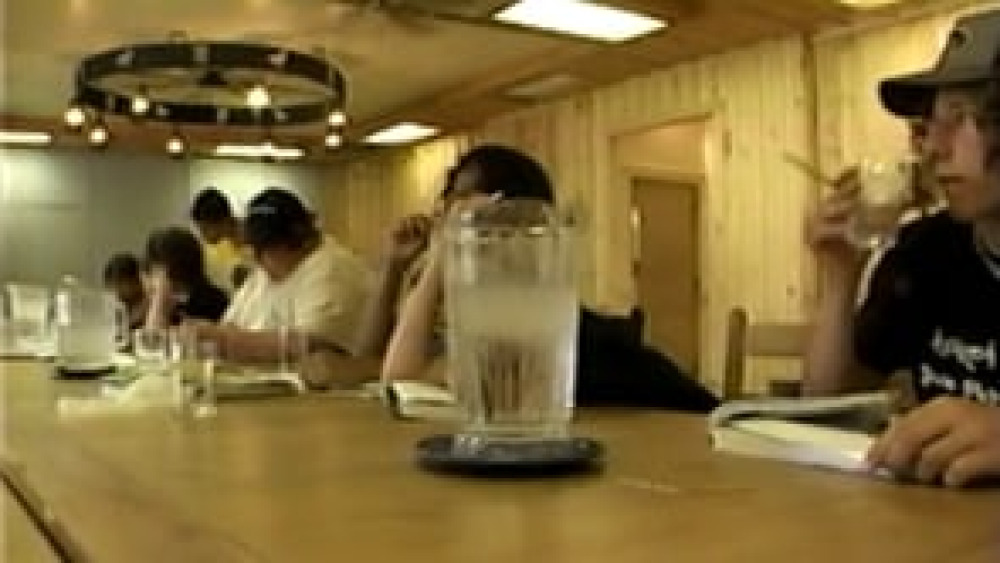
Migizi Business Camp
This video -- produced by the Little River Band of Ottawa Indians -- depicts the Band's efforts to implement a work readiness and job training program for teenagers and young adults. Five years ago, the Band’s planning and education departments joined forces to create the Migizi Business Camp for…
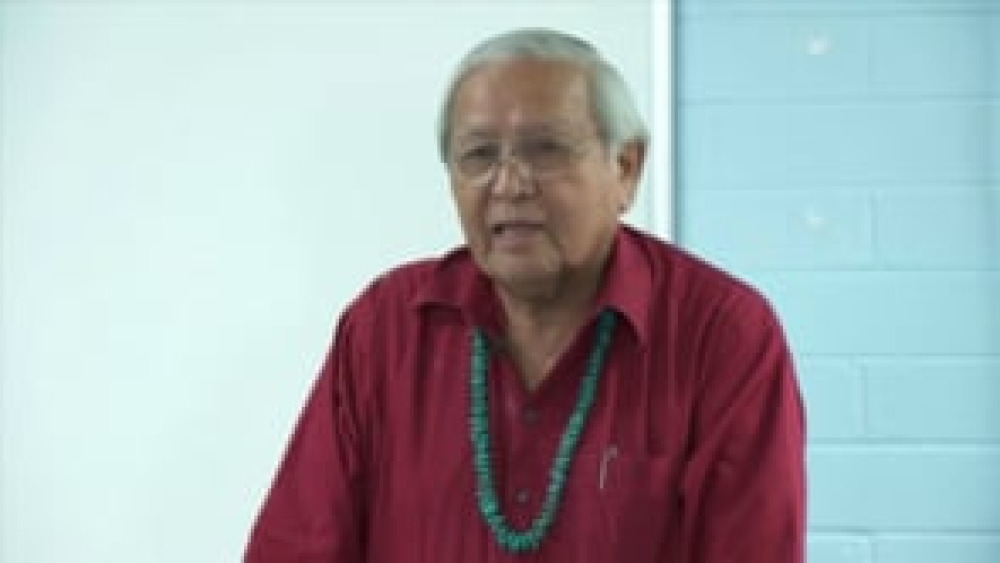
Peterson Zah: Native Nation Building: The Place of Education
Dr. Peterson Zah, former Chairman and President of the Navajo Nation, discusses the importance of higher education in empowering Native nations' efforts to achieve their nation-building goals. He also discusses the Navajo Nation Permanent Trust Fund as an example of the strategic orientation that…
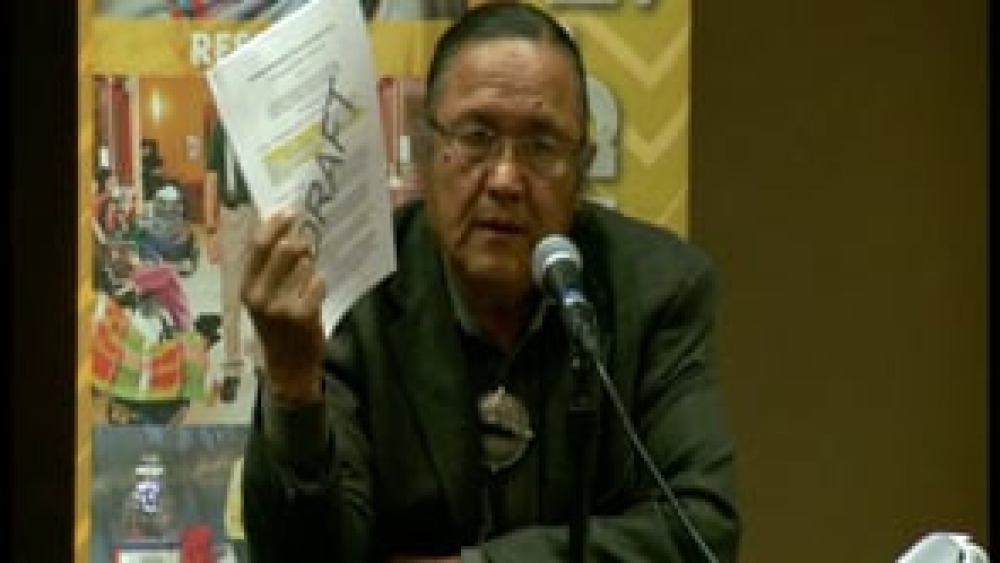
Robert Yazzie: Traditional Principles of Leadership
Former Chief Justice Robert Yazzie of the Navajo Nation Supreme Court provides an overview of the traditional Diné governance system and specifically the leadership principles that Diné leaders relied upon to make sound, informed, strategic decisions in consultation with and on behalf of…
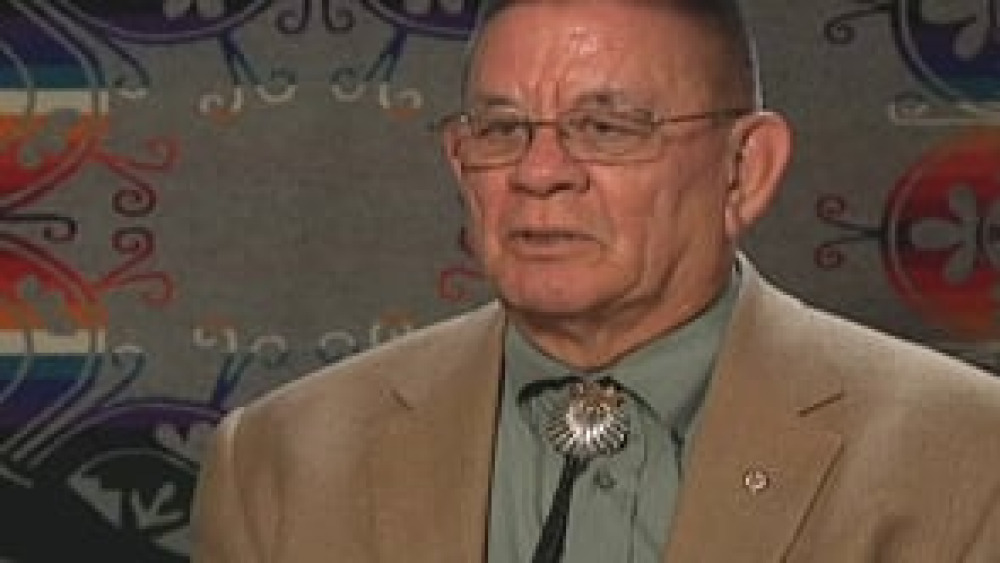
John McCoy: The Tulalip Tribes: Building and Exercising the Rule of Law for Economic Growth
Former Manager of Quil Ceda Village John McCoy discusses how the Tulalip Tribes have systematically strengthened their governance capacity and rule of law in order to foster economic diversification and growth. He also stresses the importance of Native nations building relationships with other…
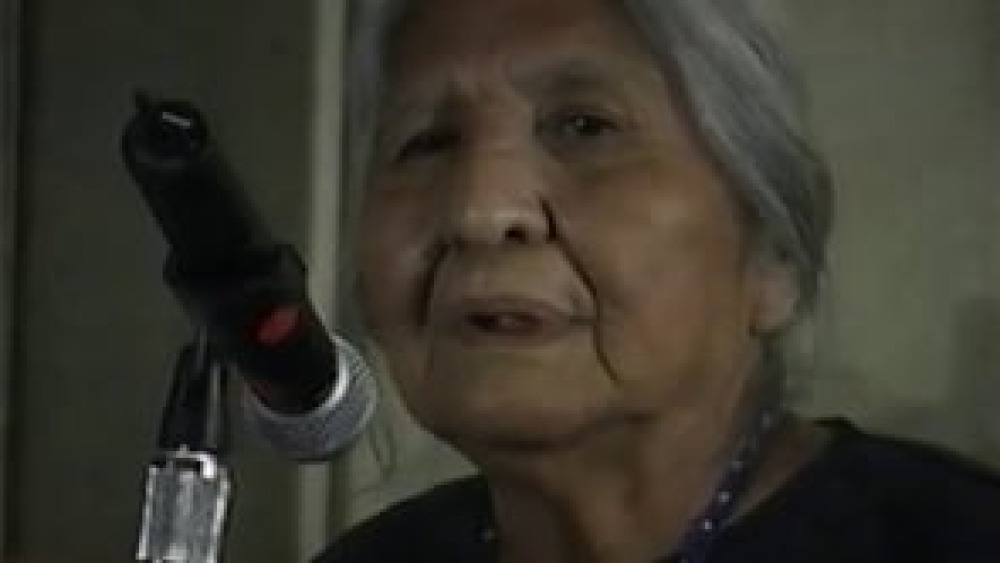
Honoring Nations: Jeanette Clark Cassa: San Carlos Apache Elders Cultural Advisory Council
Jeanette Cassa (1929-2004), Coordinator of the San Carlos Apache Elders Cultural Advisory Council (ECAC), discusses ECAC's work and the traditional Apache core values that its member elders work to instill in the younger generations of Apache people. She also stresses the importance of tribal…
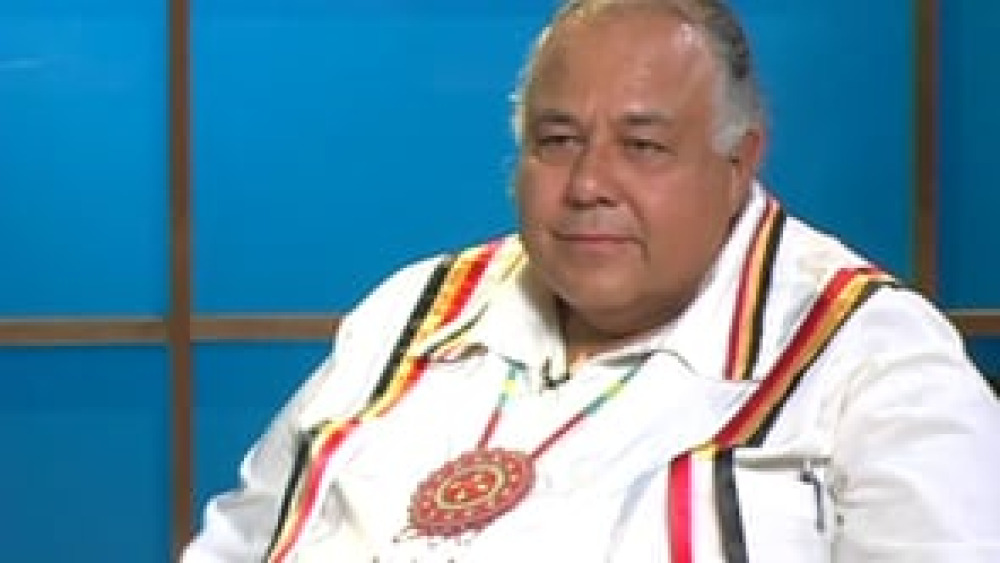
NNI Indigenous Leadership Fellow: Frank Ettawageshik (Part 2)
Frank Ettawageshik, former chairman of the Little Traverse Bay Bands of Odawa Indians (LTBBO), discusses the critical role that intergovernmental relationship building plays in the practical exercise of sovereignty and the rebuilding of Native nations. He shares several compelling examples of…
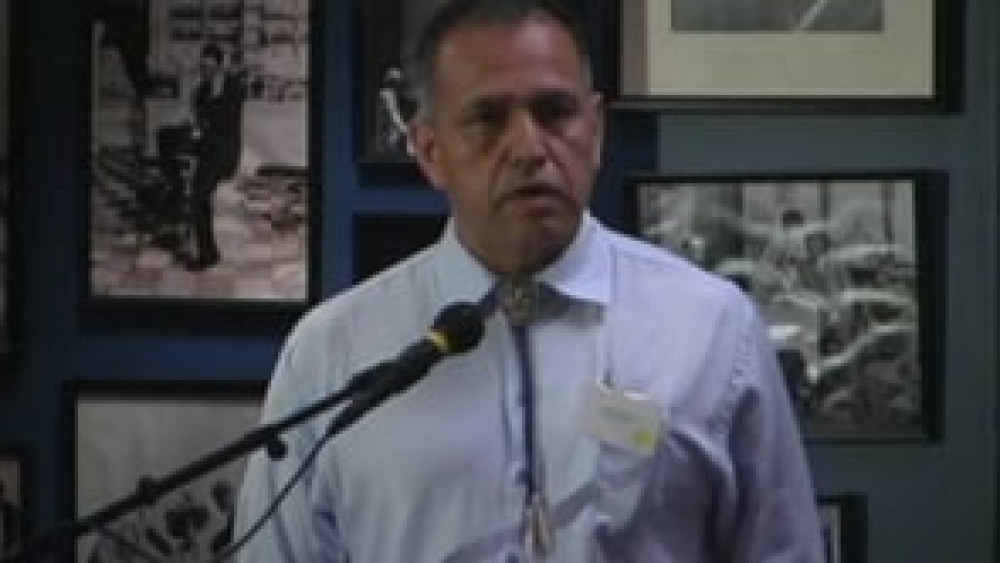
Honoring Nations: Darrell Hillaire and Sharon Kinley: Semiahmoo Project
Darrell Hillaire and Sharon Kinley from the Lummi Nation and its Semiahmoo Project discuss the unfortunate circumstances that prompted the creation of the project, and how the Lummi are using the project as an opportunity to re-engage their culture, elders, core values, and language.
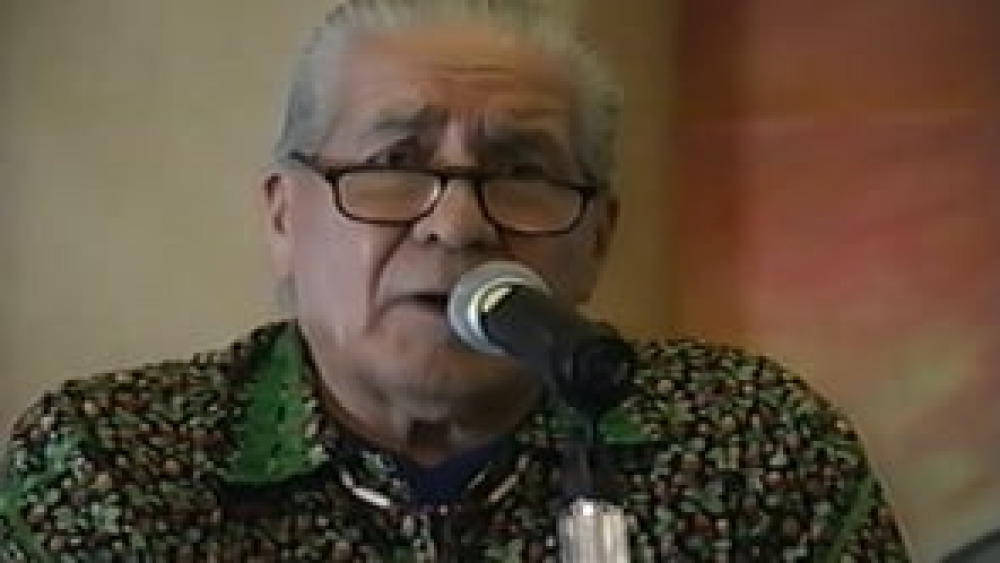
Honoring Nations: Oren Lyons: Governing Our Way to a Brighter Future
Onondaga Chief and Faithkeeper Oren Lyons shares his perspective on why governance matters to the sovereignty and long-term prosperity of Indigenous peoples, and stresses the importance of adhering to the long-taught instructions that have ensured the survival of those peoples to this day.
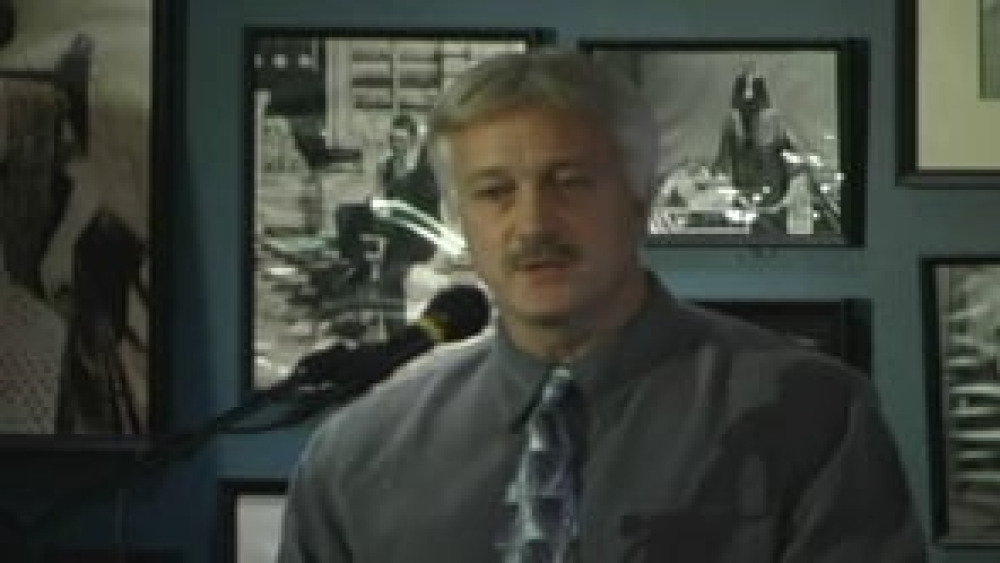
Honoring Nations: Rick George: The Umatilla Basin Salmon Recovery Project: Building on Success
Rick George, former Program Manager for Rights Protection and Environmental Planning with the Confederated tribes of the Umatilla Indian Reservation, shares what he sees as the foundational characteristics of the Umatilla Basin Salmon Recovery Project and other examples of successful,…
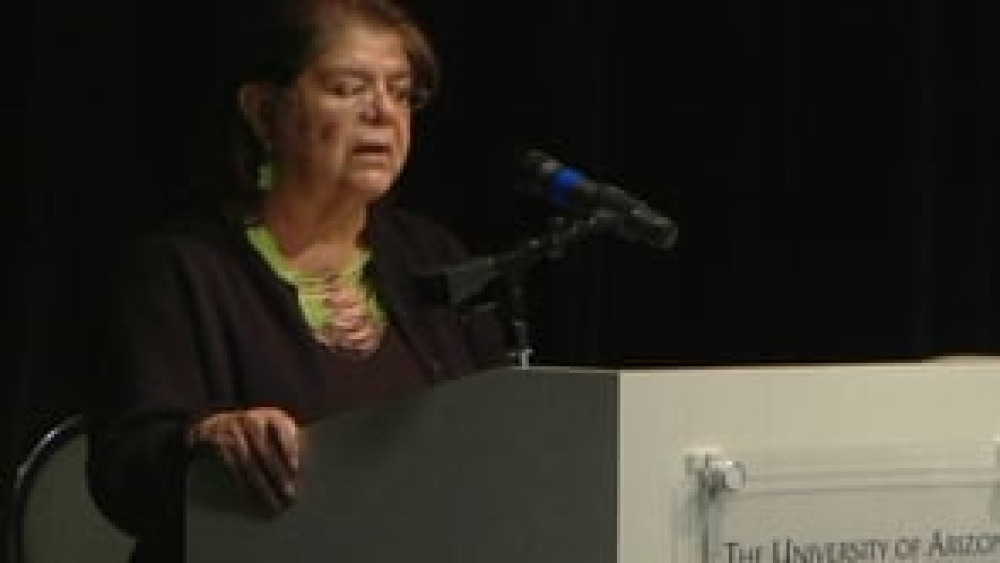
Wilma Mankiller: What it Means to be an Indigenous Person in the 21st Century: A Cherokee Woman's Perspective
Former Principal Chief of the Cherokee Nation Wilma Mankiller discusses the common misperceptions that people have about Indigenous people in the 21st century, and the efforts of Indigenous peoples to maintain their identity, cultures, values, and ways of life.
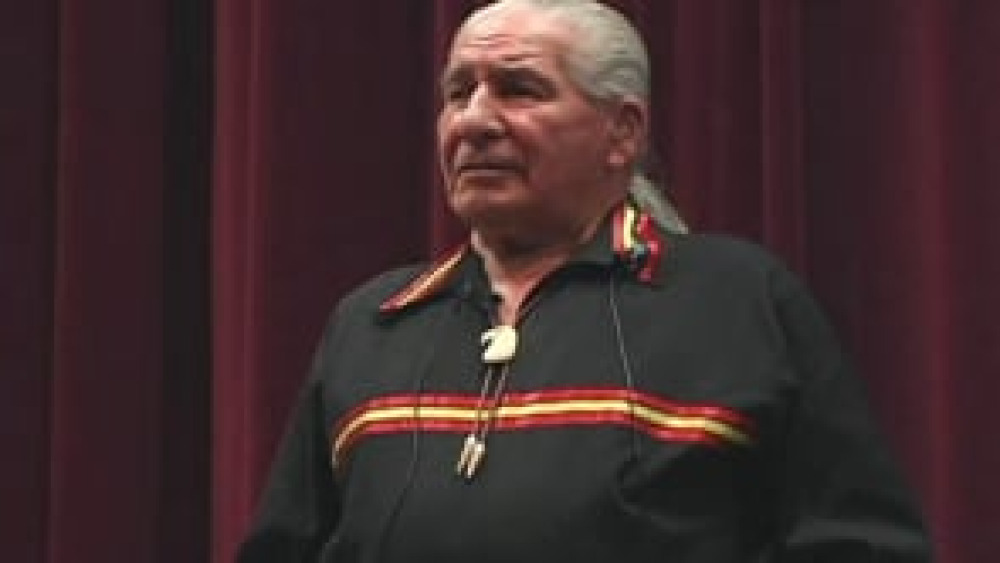
Oren Lyons: Looking Toward the Seventh Generation
Onondaga Chief and Faithkeeper Oren Lyons discusses the increasingly urgent issues of global warming and climate change and points to Indigenous peoples, their core values, and their reciprocal relationships to the natural world as sources of instruction for human beings to heed in order to combat…
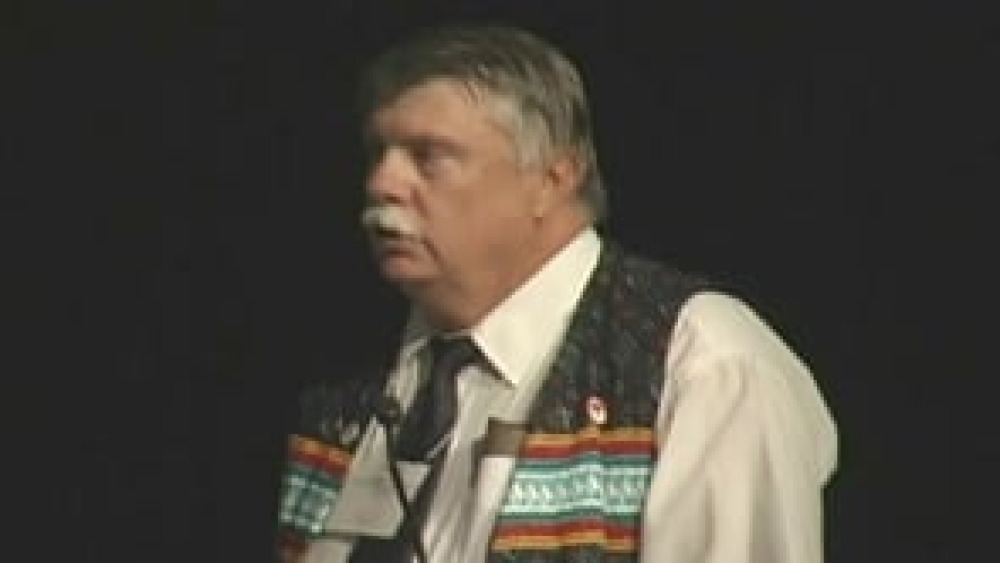
Honoring Nations: Steve Terry and Rory Feeney: Miccosukee Tribe Section 404 Permitting Program
Miccosukee Tribe Land Resources Manager Steve Terry and Fish and Wildlife Director Rory Feeney present an overview of the Miccosukee Tribe Section 404 Permitting Program to the Honoring Nations Board of Governors in conjunction with the 2005 Honoring Nations Awards.
Pagination
- First page
- …
- 3
- 4
- 5
- …
- Last page
